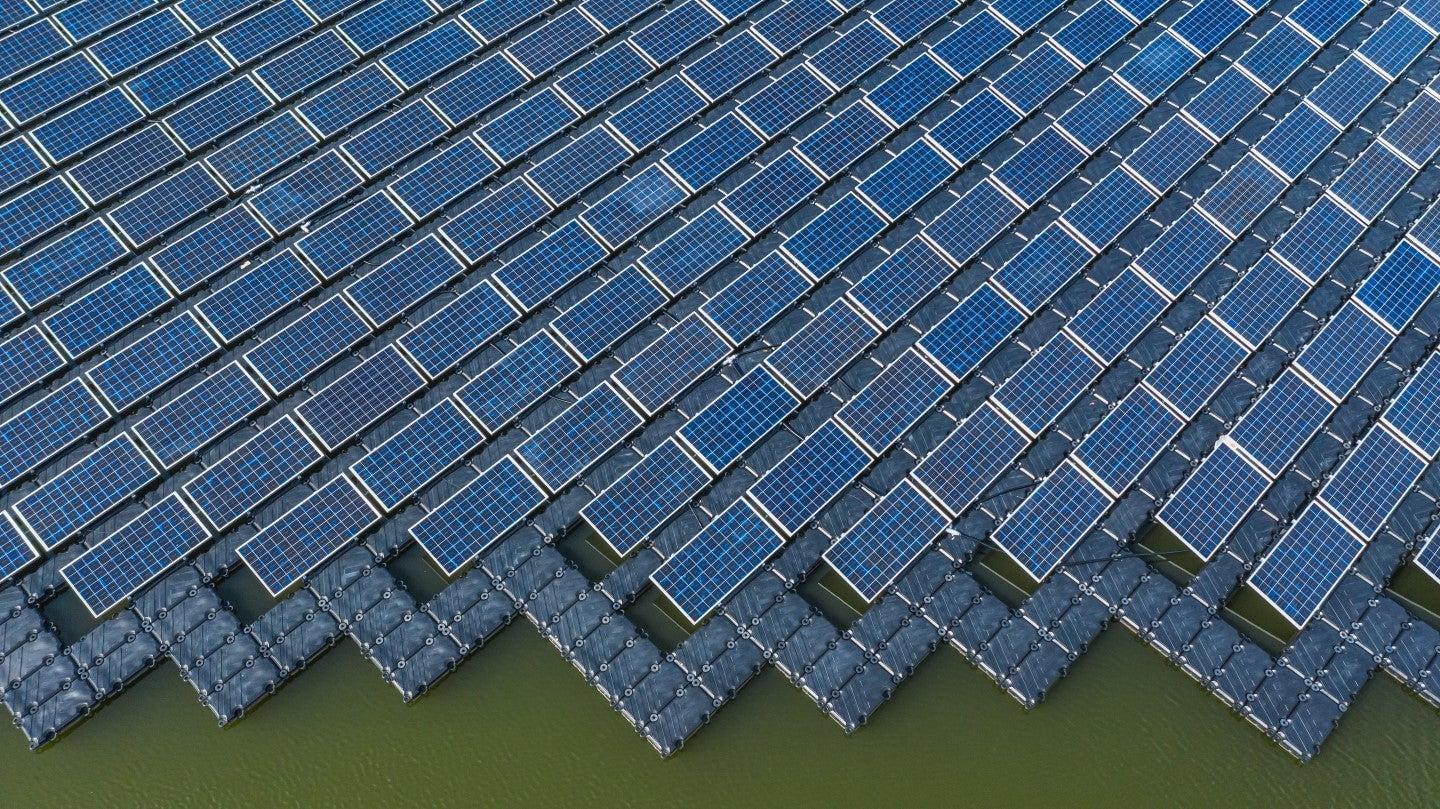
Indonesia President Joko Widodo has launched Cirata, a 192MW floating solar plant on a reservoir in West Java province, 130km from the capital, Jakarta, AFP reported.
Built with an investment of $100m (Rp1.57trn), the floating solar plant is the largest of its kind in South East Asia and has been built on a 200-hectare reservoir that has 1GW of hydropower capacity.
It was developed by PLN Nusantara Power, a subsidiary of state utility Perusahaan Listrik Negara, and United Arab Emirates-based renewable energy developer Masdar.
The Cirata floating solar plant is powered by 340,000 PV panels, which generate 192MW of clean electricity.
The electricity produced will meet the needs of 50,000 Indonesian households.
The project secured funding from international financial institutions including the Sumitomo Mitsui Banking Corporation, Société Générale and Standard Chartered.
AFP quoted Indonesia President Joko Widodo as saying in a speech to mark the occasion: “Today is a historical day, because our big dream to build a renewable energy plant on a big scale is finally achieved.”
“We managed to build the largest floating solar farm in South East Asia, and the third biggest in the world.”
The floating solar plant accounts for only 4% of the surface area. Regulations allow 20% of the reservoir’s area to be used.
In September 2023, Masdar and PLN Nusantara Power agreed to expand phase II of the project by 500MW.
The country intends to achieve net-zero emissions by 2060.
PLN aims to build up to 32GW of renewable energy projects and invest in a transmission system that can link to clean energy.
The move is part of the company’s plan to cut down its reliance on fossil fuels and accelerate the adoption of renewables.



